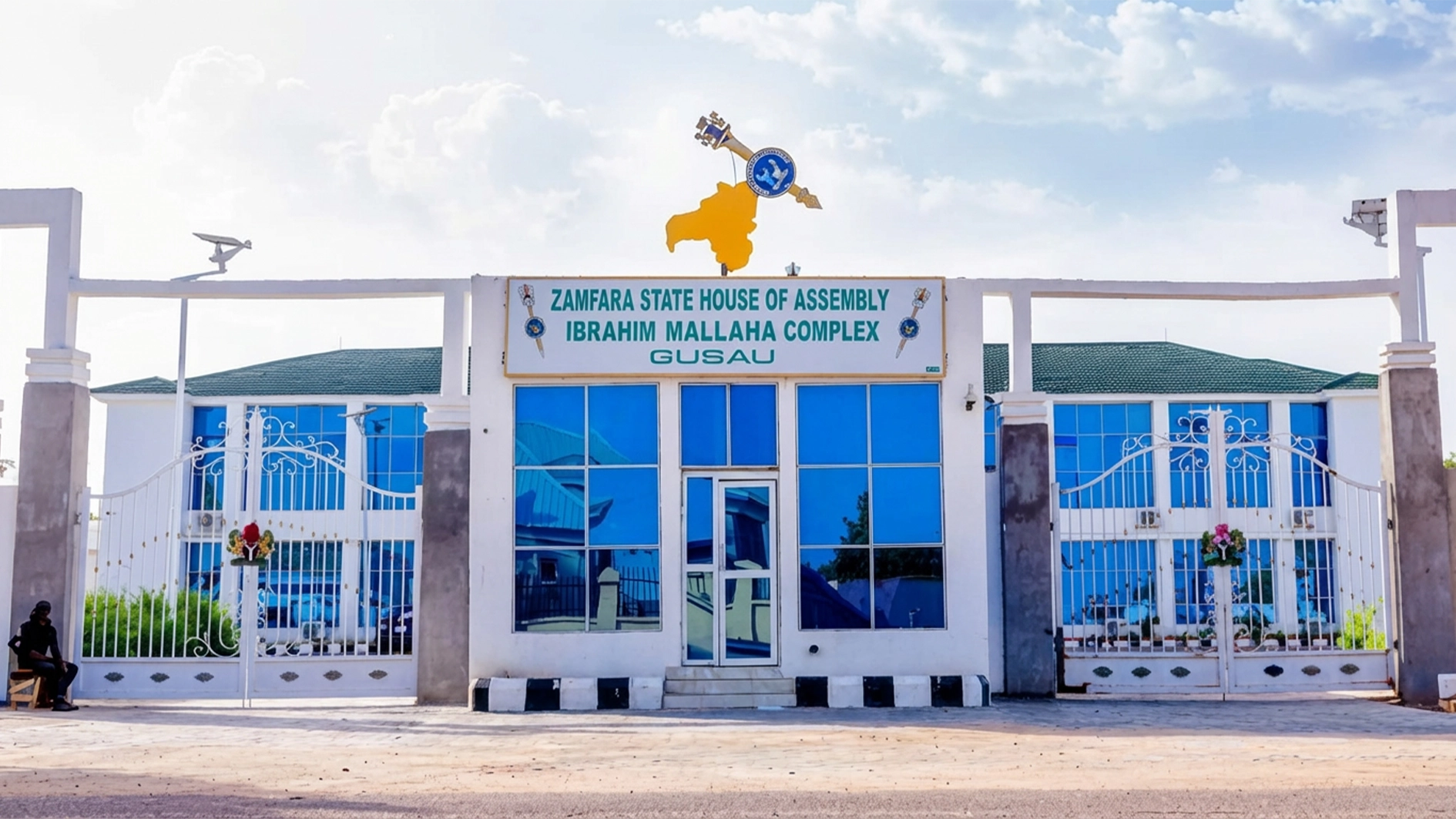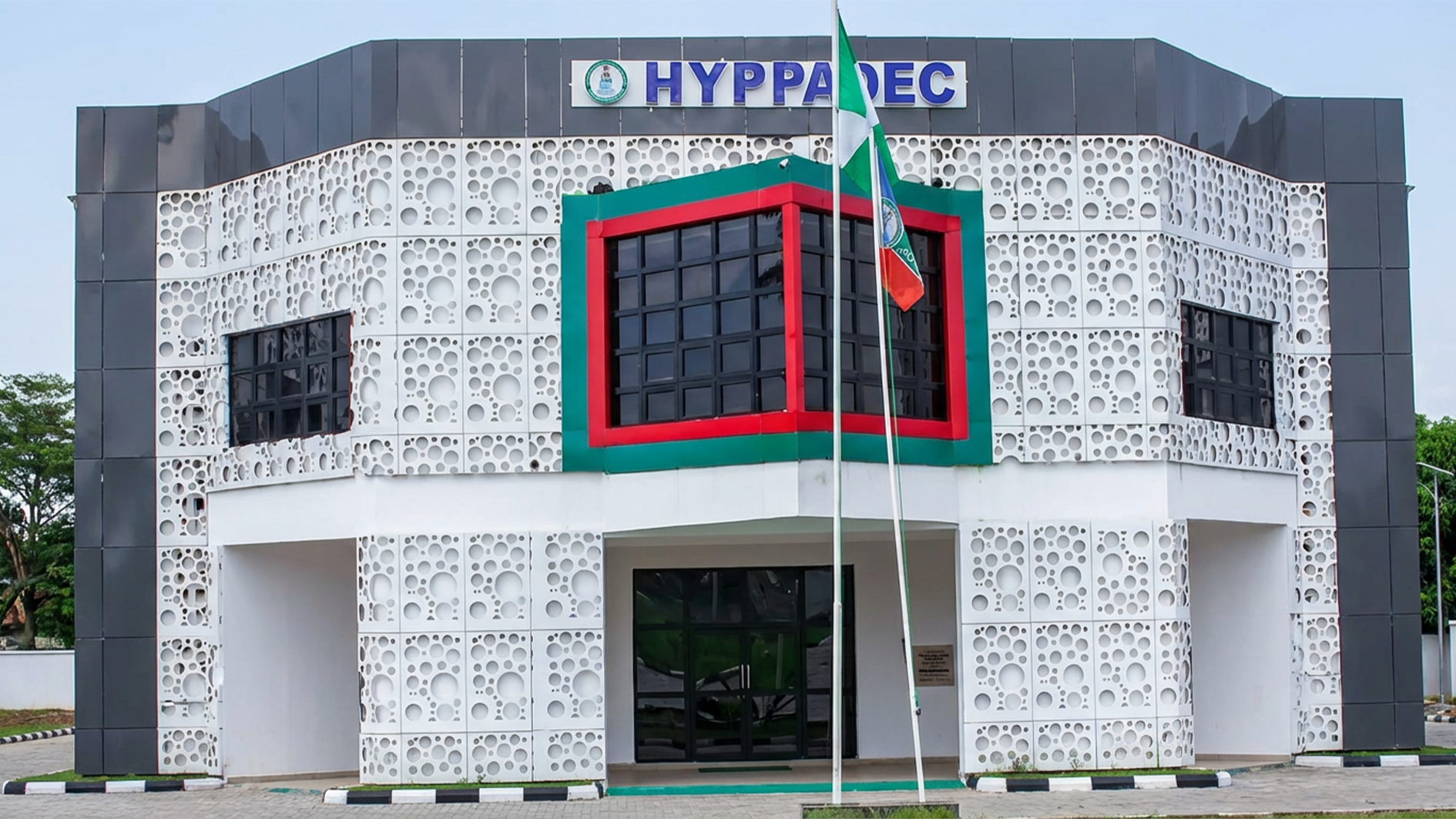 Following the suspension of Lagos State guidelines on safe termination of pregnancy for legal indications, policy document in July 8, 2022, concerned civil society organisations, medical practitioners and religious bodies have called for its reversal saying that unsafe abortions have health, economic and social consequences.
Following the suspension of Lagos State guidelines on safe termination of pregnancy for legal indications, policy document in July 8, 2022, concerned civil society organisations, medical practitioners and religious bodies have called for its reversal saying that unsafe abortions have health, economic and social consequences.
This was the thrust at a two-day engagement with sector leaders and stakeholders on the development of roadmap for advocacy on Sexual and Reproductive Health and Rights (SRHR) laws and policies organised by Women Advocates Research and Documentation Centre (WARDC), in partnership with Amplify Change.
Giving an overview on safe abortion and Lagos State Guidelines on Safe Termination of Pregnancy, public health specialist, Dr. Moriam Jagun, noted that concerns are more on women at the grassroots without basic knowledge about their rights. “For me, this is a health issue that should not be mixed with religious or social issues. Hence the need for a law which has been passed, stating that a woman can only procure an abortion, which is according to Section 297, and for Lagos State, it is Section 201.
“A woman can only process an abortion if a life is supposed to be saved. For other sections, it is said that the woman may only be punished if it is unlawfully done. According to the law, a woman has the right to decide whether she wants to procure an abortion or not. It’s not the doctors forcing it. If you look at the guidelines, there are different sections. After the indications, there’s also the chapter that deals with free abortion. You look at the patients, examine them, run lab investigations on them, and ascertain the condition that the woman is in, to indicate if she can get an abortion. So it’s not one person determining it all, rather, it’s now being subject to abuse.
In a stakeholders’ perspectives panel discussion, family planning provider, Mrs. Toyin Odukoya said that having worked at the grassroots, the Primary Healthcare Centres witness cases of women and girls with unsafe abortion complications, which are usually referred to general hospitals due to the severity. “Our findings show that most of these people do not have any experiences and rely on their friends who tell them what to mix and use, at the end, some get their womb damaged or die in the process.”
She also noted that in Lagos state, there are ‘Young Mums clinics’ in some of the PHCs, for kids and adolescents who are pregnant. Where they are counselled and taught family planning methods.
An attorney, Habeeb Balogun stressed that while a lot of lawyers are not aware of these guidelines, it is improper that they understand the provisions to better handle cases of rape or unsafe abortion outcomes. He added that the Nigerian Bar Association (NBA) should be fully involved as it involves life.
Also speaking, an Imman, noted that the Islamic religion recognises and values life. “There are circumstances where abortion is permitted in Islam, out of necessity, especially when it threatens the life of the woman. The Quran attaches more importance to the life of a mother much more than a child, when there is a casualty. Our cultural beliefs have affected how people view especially young girls who are pregnant out of wedlock and so it is a challenge for them. I tell people who come to me with their pregnant daughters that if you must engage in abortion, let it be in a safe clinic.”
Medical doctor, Dr. Benjamin Olowojebutu added that there should be access to the right information on safe abortion “People should understand safe abortion and where they can get it. Now that the National Health Insurance Authority (NHIA) has been domesticated, there should be a clear indication to access legal and safe abortion. People will be willing to go for this because there is insurance rather than revert to the wrong hands and knowledge.”






